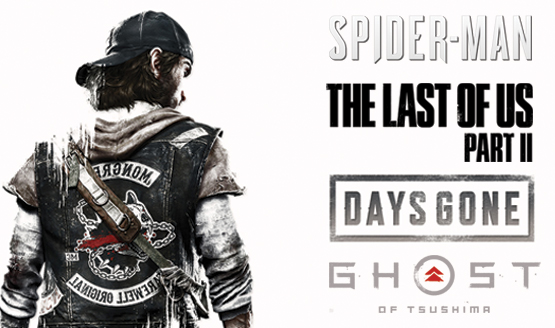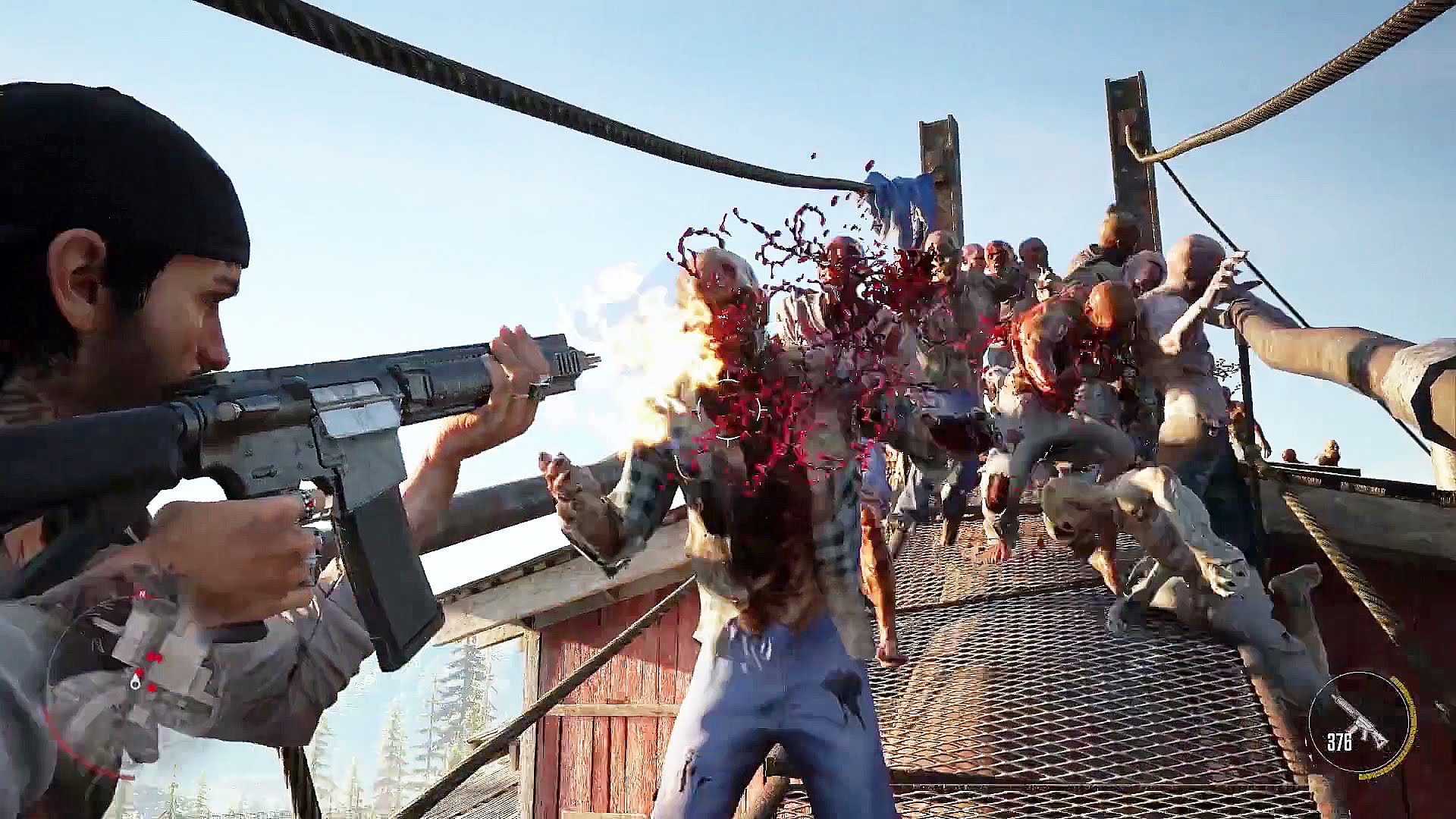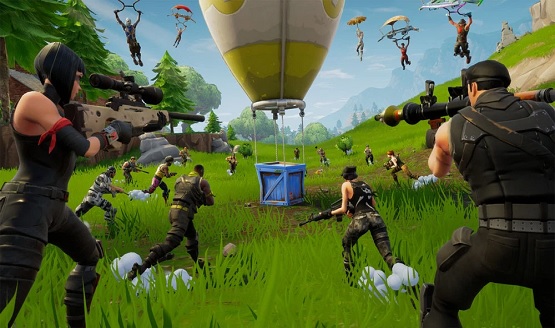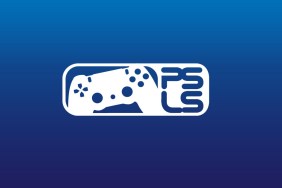The World Health Organization caused a stir last year when it decided to list gaming addiction as a disorder. The move attracted criticism from various industry bodies including E3 organizer, Entertainment Software Association, UK Interactive Entertainment, and the Interactive Software Federation of Europe.
WHO defended its decision, arguing that the classification followed its comprehensive rules and procedures. At the time, it seemed like the organization had no plans to enter into discussions with industry bodies as it wanted to “avoid interference from commercial and other entities which may have vested interest in the outcome of the process.”
However, it looks like the WHO has softened its stance and decided to hold a dialogue with the ESA, UKIE, and ISFA. All four organizations have confirmed that they held a meeting in Geneva in December 2018 to discuss the issue, and have plans for ongoing engagement.
“It’s our hope that through continued dialogue we can help the WHO avoid rushed action and mistakes that could take years to correct,” said ESA’s Chief Executive Officer, Stanley Pierre-Louis. “The billions of video game players around the world who will be affected by an ICD-11 classification error deserve action based on meticulous research.”
In a statement to Games Industry, the UKIE added that the classification creates a risk of misdiagnosis, and WHO’s decisions must be based on “robust and unequivocal evidence.”
The ISFE echoed this position, arguing that there is a “lack of substantive evidence to justify this [WHO’s] proposed classification,” and that there is a “lack of transparency in the classification process.”
We’ll update our readers if there are any further developments.
[Source: Games Industry]
best ps4 games still to come
-
A Tantalizing Preview of What's to Come

Shall we?
-
Days Gone

We begin with Sony Bend’s long-in-development PS4 exclusive, Days Gone. If one was to whittle Bend's apocalyptic actioner down to an elevator pitch, it'd be a cross between The Last of Us and Sons of Anarchy.
But to compare Days Gone to its genre contemporaries would only be a disservice to the intense survival experience that Sony Bend has crafted. You take up the role of Deacon St. John, a former outlaw who spends his days chasing the nearest horizon. The only problem is, Days Gone takes place in a world ravaged by some mysterious pandemic, one which has brought humanity to its knees and crowned "Freakers" as Earth’s new apex predator.
They come in all shapes and sizes, too, and Sony Bend’s day-night cycles allow the world of Days Gone to groan and change as though it were our own. Oh, and just like Dying Light, those "Freakers" are said to be much more aggressive come nightfall, which ought to crank up the tension.
If nothing else, as Days Gone marks Sony Bend’s first console game since Syphon Filter: Logan's Shadow, we’re more than willing to get behind the wheel as Deacon St. John.
-
Death Stranding

Far and away the most mysterious PS4 exclusive on this list, Death Stranding is practically in a league of its own when it comes to intrigue and mind-bending concepts. But this being Kojima, we’re quietly confident that there’s method behind the madness, particularly after the game’s most recent trailer revealed Norman Reedus’ character to be Sam Bridges, a porter caught up in some multi-dimensional (?) universe of invisible kaiju, ghost babies and cetacean strandings.
Hell, after three trailers, Death Stranding continues to boggle the mind, but with top-tier talent on board—namely Reedus, Guillermo Del Toro, Mads Mikkelsen, Léa Seydoux, and Lindsay Wagner—and an autonomous Kojima behind the wheel, we're absolutely along for the ride.
Even if you're not particularly fond of the dev's track record, or Death Stranding is yet to tickle your fancy with its surreal imagery and otherworldly themes, Hideo Kojima's PS4 debut warrants your curiosity, if not your attention.
-
Dreams

It's been a long time coming—too long, perhaps—but Media Molecule's Dreams, a PS4 exclusive that was initially shown to the masses back in 2013, appears to be taking shape.
Such is the mystery surrounding Dreams that it's become difficult to pinpoint exactly what kind of gameplay we can expect from what is undoubtedly Media Molecule's most ambitious title since LittleBigPlanet.
It is, in essence, an interactive sandbox in which players can, ahem, dream up all sorts of weird and wonderful experiences to share with family and friends. If that sounds a little overwhelming, you'll be pleased to hear that Dreams also includes a Story Mode, but again, firm details remain under lock and key.
-
Erica

Cut from the same cloth as Her Story, Flavourworks' Erica is billed as an edge-of-your-seat thriller capable of blurring the line between game and interactive movie.
It's a PlayLink exclusive, too, meaning users will be able to call upon their friends and family to help solve the mystery at hand.
Still no word of a release date for this one, but based on the premise alone—that being a live-action thriller with top-tier production values—Erica is a PS4 title we'll be keeping an eye on.
-
Ghost of Tsushima

Sucker Punch is a long way from the neon streets of Seattle.
The inFamous dev has journeyed to 1274, where it hopes to retell the first Mongol invasion of Japan. Early gameplay footage has wowed the masses, and the attention to detail on display here is quite simply stunning.
Rendering intense samurai fights is one thing, but setting those duels against a Japanese sunset, with blood-red foliage rustling overhead, was enough to bring audiences to their feet during E3 2018.
Make no mistake, Ghost of Tsushima, with its vast open world and historical roots, has all the makings of a special, special PS4 exclusive.
-
MediEvil

Following in the footsteps of Spyro and Crash Bandicoot, Sir Daniel Fortesque is headed to PS4 in the form of MediEvil Remastered (tentative title).
First unveiled at PSX 2017, the re-release promises a full overhaul of the cult classic from '98, and while Sony is yet to commit to an actual release date, there have been rumblings that Sir Daniel will grace PS4 in time for his 20th anniversary. Let the countdown begin!
-
The Last of Us Part II

The Big One. 'Nuff said.
-
Honorary Mention: Spider-Man

The only reason Spider-Man has slipped into the "honorary mention" is that Insomniac's open-world adventure is right around the corner. And what an adventure it's shaping up to be.








